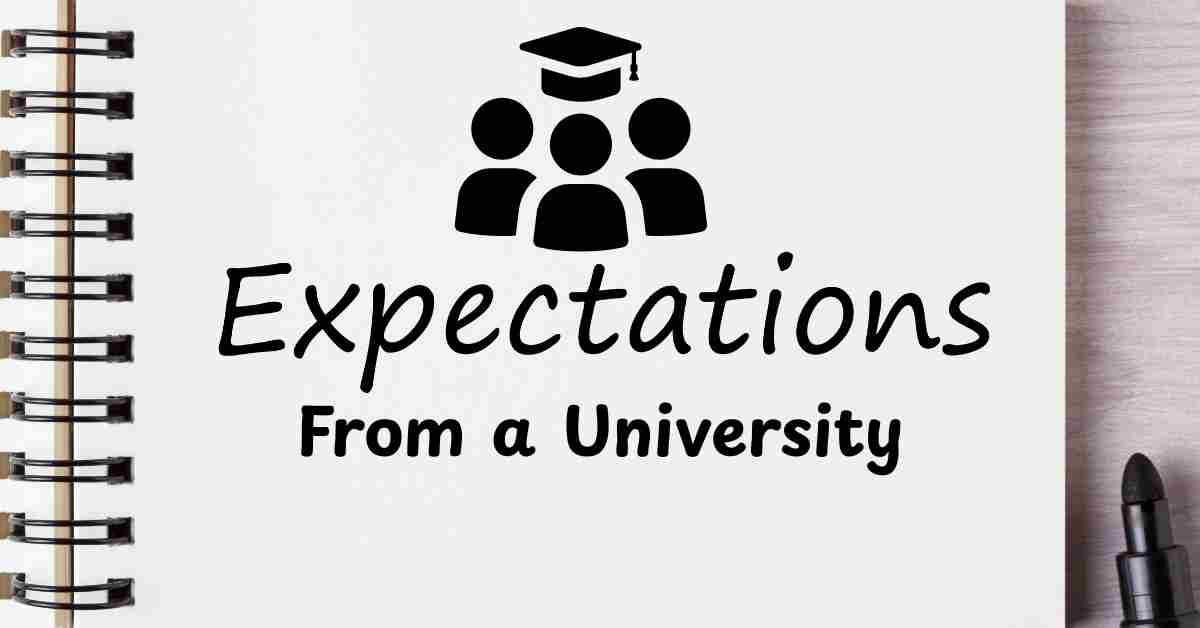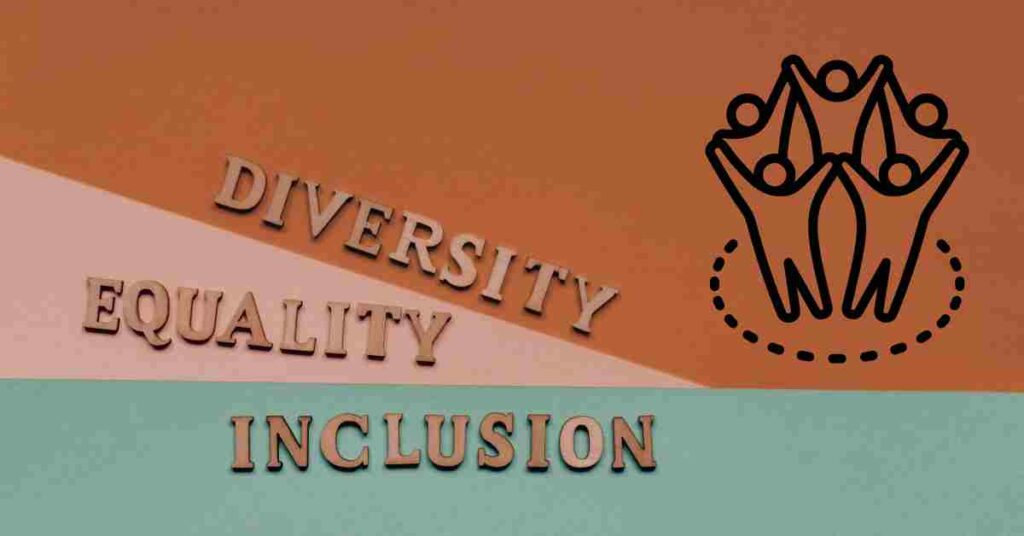info@subilrecruiters.com

What students look for in a university
For many students, choosing where to study is both exciting and uncertain. They are looking for a place that feels right for their goals, offers a sense of belonging, and opens real opportunities for the future.
The decision they make not only affect their studies. It shapes their careers, their friendships, and their personal growth for years ahead. With so many choices available, students often ask themselves what truly matters most in a university.
This article shares what students value when they are deciding where to study. It draws on recent research and on the voices of students themselves, so that universities can better understand their needs and respond with clarity.
Academic reputation and quality of teaching
Students often look first at how strong a university’s reputation is. Good rankings and positive reviews give them confidence and suggest better chances for the future.
Many students also care about what happens after graduation. In the 2024 QS International Student Survey, more than half of international students said they look closely at how well a university helps its graduates find jobs.
Teaching quality matters too. Students value lecturers who inspire them, clear lessons, and classes where they can take part and feel involved.
When a respected degree is combined with strong teaching, it gives students a solid base for their future careers.

Course variety and flexibility
The course itself is often the most important part of a student’s choice. They want programmes that match their career goals and personal interests. When universities offer a wide range of subjects, students feel they have more freedom to explore and adjust along the way.
Flexibility also matters a great deal. Options like part-time study, joint degrees, or conversion courses help students fit education around other parts of their lives. For those changing careers, this flexibility can be the key reason they choose one university over another.
Supportive learning environment
Support makes a big difference, too. Students value tutors who are approachable, staff who respond quickly, and guidance that is clear. Easy access to libraries, quiet places to study, and online resources all add to the experience.
For international students, extra support is especially important. Orientation events, language help, and cultural societies help them feel welcome and settled. When a university invests in student well-being, it builds a space where people feel safe, valued, and ready to succeed.
Campus facilities and student life
University life is about much more than classes. Modern libraries, good laboratories, and reliable technology help students learn well. These facilities show that a university cares about education.
Student life outside of study is just as important. Sports, clubs, and cultural events bring fun and balance. They help students make friends, build confidence, and learn new skills.
Location and community
Location also plays a big role. Many students want a place that feels safe and welcoming, almost like a second home. Good transport, affordable housing, and nearby shops make everyday life much easier.
For international students, the wider community matters even more. A city that values diversity and offers cultural support helps them feel settled and confident. Location is not only about where the university is; it is also about a sense of belonging.

Career support and employability
When students pick a university, they are often thinking about life after graduation. Strong career support is one of the main things they look for.
Practical help makes a real difference. Careers fairs, internships, and mentoring schemes give students useful experience. Universities with good employer links open doors to future jobs.
Reputation also matters. Many students see it as a sign of quality and weigh it carefully alongside other factors.
For career changers
Career changers often need extra support. Evening study, credit for past learning, and one-to-one career coaching can make a big impact. These options show that the university values mature students and those starting a new path.
For international students
For international students, clear guidance is vital. They need advice on visas, work rights, and placements. When a university offers this, it builds trust and attracts learners from around the world.
Cost and financial support
For many students, the cost of study is a big concern. Tuition fees, housing, and everyday expenses all affect their choice. Students often look at value as much as price.
Scholarships, bursaries, and flexible payment options make study more affordable. Clear and open information about costs also builds trust. Financial support is not just practical. It shows that a university is committed to its students’ future.

Diversity and inclusivity
A sense of belonging is also central to the student experience. Students want universities that welcome diversity and practise inclusivity. A mix of cultures and perspectives enriches campus life and prepares graduates for a global world.
An inclusive environment builds respect and understanding. Students who feel represented and supported are more likely to thrive in their studies and in life. For many, diversity is not simply an extra benefit. It is essential.
Conclusion
Choosing a university is about much more than rankings or glossy images. For students, it is about finding a place that supports them, inspires them, and prepares them for the future.
When students decide, they often ask three simple questions:
- Does this place support my goals?
- Will I feel safe, included, and encouraged here?
- Can it prepare me for the career and life I want?
The right university feels like a home while opening doors
to new opportunities. Students want to visit, ask questions, and sense if it is
the right fit. In the end, the best choice is the one that gives them
confidence for the future.
You may also find this article insightful: How to Enhance the International Student Experience.


